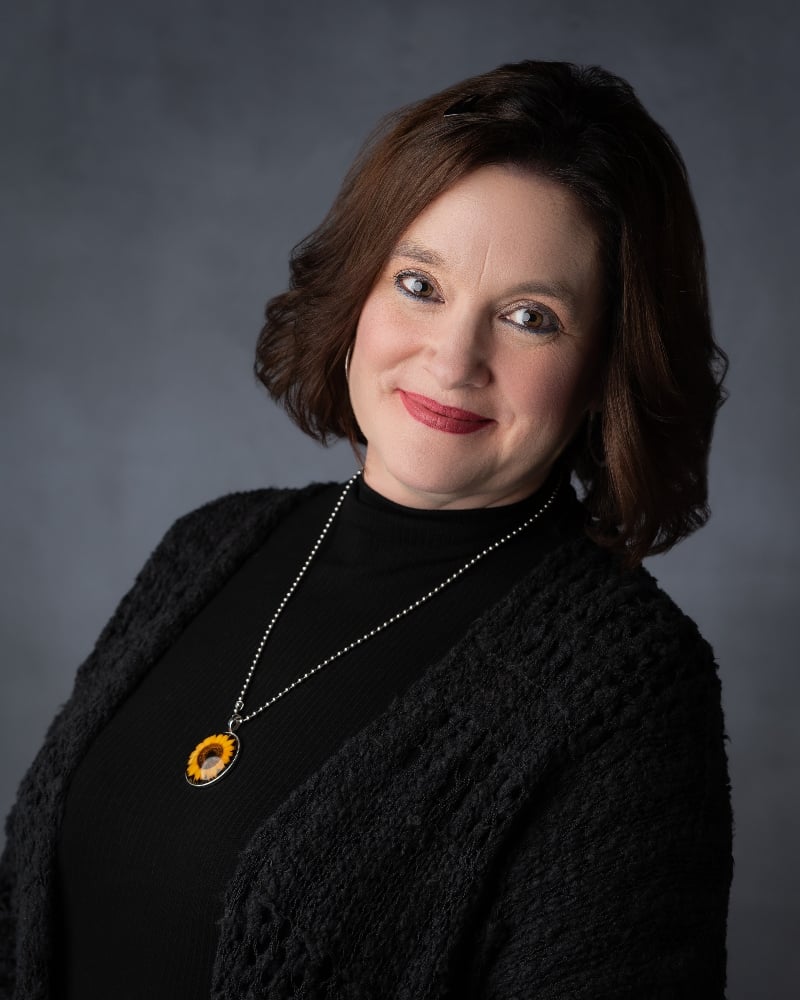 The United States Conference of Catholic Bishops seems to be taking to heart Jesus' admonition that we must become like children if we're to enter the kingdom of heaven (Matthew 18).
The United States Conference of Catholic Bishops seems to be taking to heart Jesus' admonition that we must become like children if we're to enter the kingdom of heaven (Matthew 18).
The bishops recently published a pamphlet: "Life Matters: Explaining the Reality of Marriage to Family and Friends."
The document states that marriage prepares a man and woman to receive a child into their "circle of irreplaceability." This is true whether the child comes to the family from birth or adoption. "When considered through the eyes of the child, marriage is beautiful."
But how often do we consider marriage through the eyes of children? While I can see how it happens that we consider our perspective as adults above all else, sometimes we're called to look at life through the vantage point of another, for the common good of all.
This becomes a little easier when we take into account that we were once, and all are still at heart, children. Children tend to look at things in a way that breaks things down to the very basic. After the necessities, children want most to be loved, and they have a yearning also to know that love is rooted deeply down.
The brochure points out that our own experience informs us best and the truths are embedded from within. "We all have a desire to know, be connected with, and loved by our own mother and father regardless of our relationship with them."
I have found this to be true in my own life, as well as in observing others' experiences. As human beings, we feel strongly about being connected to our origins and those who participated in our beginnings.
Expounding on this idea, the document points out that God's plan for creation has been stamped into our very nature. "Why do adopted people wonder about their biological origins, or children created from sperm donors search out the person who engendered them, as well as their half-siblings?"
There are always exceptions, of course. Certainly, not all adopted children have the same bone-deep need to search for their biological parents. But it's likely that all, without exception, have at least wondered at some point in time.
Looking at this again from the eyes of children -- our own as well as the child within -- we can begin to see why the Church holds such high regard for marriage, and why it so firmly stands by the traditional model. The questions of "Where did I come from?" and "Who am I?" have always been here, and always will be. The Church, it seems, feels an urgency in doing what it can to not deprive anyone of an honest answer to these questions.
"Rather than merely biological artifacts, moms, dads and siblings are part of our identity. Every person has a right to be part of a family, to be born to a mother and father united in marriage."
This is the point at which things get a little tricky, however, and I need to preface this next part with this reality: I know that not everyone is in an ideal situation when it comes to family and its formation. My post is not a condemnation of any family that does not look like the ideal (mine among them). I believe we all need compassionate understanding regarding this tender and important issue. But along with that, there must be someone holding up that ideal. After all, in that, there is hope.
My personal concern is that some of the true issues involved in the marriage debate have been minimized -- that an attempt has been made to pretend they're not important. And it is to all of our detriment.
The brochure explains that the breakdown of marriage has reached crisis mode -- that more than half of all births to women under 30 now occur outside of marriage.
And it's not just traditional-marriage advocates who are paying attention.
"According to sociologists, the increased numbers of children in poverty, in fatherless homes, and who experience abuse and neglect all relate to changing attitudes about marriage," it says. "The phenomenon of the breakdown of marriage has spread rapidly into the segment known as Middle America and is now touching nearly every extended family."
Again, to those who have, through no fault of their own, become part of this statistic, the Church desires to extend love, and hope. And one of the ways it needs to do that is by re-presenting God's vision so that we can all, as a society, work toward it.
In other words, let's help each other out. And let's begin by starting with the simple beginnings and the fact that we all got here the same way -- by way of one woman and one man. It's worth it to try to keep that initial "circle of irreplaceability" intact whenever possible. And when not possible, to love but still hold up the best possibility.
There is an urgency here. As the USCCB pamphlet emphasizes, efforts to reverse the current trends should be an imperative of social justice for every citizen, and a primary concern for every parent. "Who would choose that their grandchildren should be deprived of mothers and fathers united in marriage, or that their own children should grow up to be single parents?" it asks.
Again, we live in a fallen world that constantly falls short of ideal. But if we could choose, how would we want it to go? I'm thinking the vast majority of us would want the circle of irreplaceability to reign.
Perhaps one of the most provocative ideas in the pamphlet is that of children's rights. There's much talk these days about rights, and I wonder, are children included in that? Should they be? I think the bishops are onto something in saying this is a rights issue. Children have a right to be born to a mother and father united in marriage. Even though it doesn't, can't, always happen this way, it should remain our great hope that this picture will not fade, or be looked upon as impossible.
Our decisions and the things we work toward must serve our families as well as the common good. Real, committed love goes beyond a choice of two adults and extends to the life-giving effects of that union. Marriage should not close in on itself.
If we're ever to see the marriage issue rightly, we must first humble ourselves. We must approach it from the position of our own ongoing conversion, as the pamphlet mentions. We must reach out in love and compassion so that no one feels judged, but rather, all feel uplifted and hopeful.
And we must -- Jesus would insist on it -- get down on the floor, as all good parents do from time to time, and see the issue through the eyes of the ones we're expecting to carry the world forward.
Copyright 2013 Roxane Salonen
About the Author

Roxane Salonen
Roxane B. Salonen, Fargo, North Dakota (“You betcha!”), is a wife and mother of a literal, mostly-grown handful, an award-winning children’s author and freelance writer, and a radio host, speaker, and podcaster (“ Matters of Soul Importance”). Roxane co-authored “ What Would Monica Do?” to bring hope to those bearing an all-too-common cross. Her diocesan column, “ Sidewalk Stories,” shares insights from her prolife sidewalk ministry. Visit RoxaneSalonen.com


.png?width=1806&height=731&name=CatholicMom_hcfm_logo1_pos_871c_2728c%20(002).png)
Comments